Christopher Hitchens on Edward Kennedy
Christopher Hitchens is an iconoclast’s iconoclast, famously willing to piss on anyone’s grave, whether it be Mother Tereasa, Bob Hope, or Teddy Kennedy. Interestingly, this time he smacks down with one hand whilst patting on the back with the other:
Sure, the “tragedy” of Chappaquiddick had its necessary moment, but even in those days Barbara Walters was doing her damage control, and it was amazing to see a clip of Walter Cronkite referring deadpan to the “driving accident” that had kept Kennedy away from the Senate. It must take some ingenuity at the networks, even so, to simply airbrush the fascist sympathies and bootlegging background of Joseph Kennedy Sr., his sons’ murder campaigns in Cuba, the recruitment of the mafia for same, the assassination of Ngo Dinh Diem in Vietnam, the increasingly frantic and pathetic narco-addictions of JFK, the exploitation of unstable broads like Marilyn Monroe, and so much else besides.
In some ways, this banana-republic coverage was a disservice even to the recently departed. After all, it was in part the case that the youngest brother had lived down the criminal and narcissistic and power-mad background of his family. His best biographer, Adam Clymer, wrote, on the morning after he died, that it was arguably wrong to see a discontinuity in Kennedy’s career and that he had actually been a decent-enough legislator before abandoning any yearning for the White House after 1980. This may be true as far as it goes, but the obituaries would still have had to be somewhat different in tone, even given the servility of the journalistic profession, if Kennedy had died at the time of the Au Bar episode in Palm Beach, for instance, and had not decided to take some kind of a pull on himself and become a citizen again instead of a drone.
A former Senate staffer of his stopped by for a drink last week and told me that, without fanfare, the socialist president of Chile had come in person to the Kennedy home a few months ago to bestow one of her nation’s highest human rights awards on him. His work on that subject alone was a part atonement for his siblings’ deployment of what Lyndon Johnson himself called “a goddam Murder Incorporated” in the Southern Hemisphere. So, of course, was his labor on health care (where Richard Nixon had a better political track record than the Kennedy administration) and his last decision to keep looking life in the face for as long as he had breath. In those waning months, after being disgusted by malicious anti-Obama propaganda being spread in the Democratic primaries—later picked up and used by the right in the general election—he withdrew his support from a candidate whose victory would have meant the continuation of the dynastic politics represented by the family names Bush, Gore, and Clinton. What a favor he did us all by that repudiation! And how fitting that it should have been a Kennedy who did it. The political rhetoric of Obamaism, alas, is even more bloviating at times than Camelot was, but you can’t have everything.
A fitting roundup, really. The story of the youngest of the Kennedy brothers was of wretched excess and abuse of privilege followed by genuine and rather remarkable redemption. As Hitch puts it in the close, “Kennedy’s very last year was quite possibly his best, and how many men or women will be able to say that?”
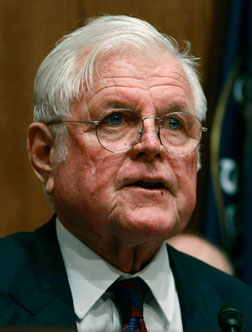

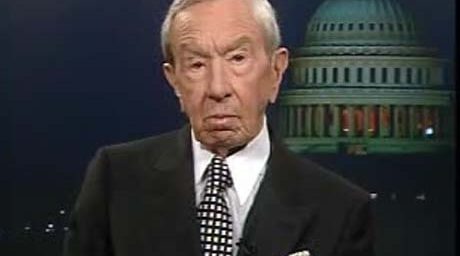
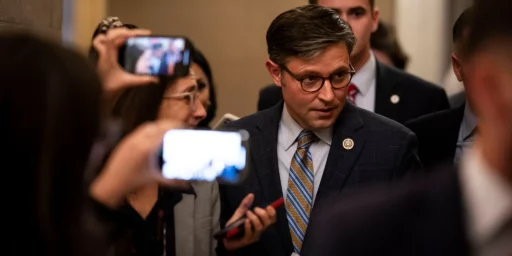
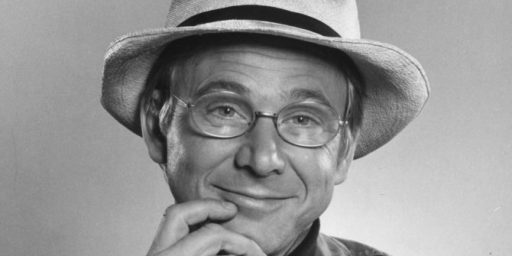
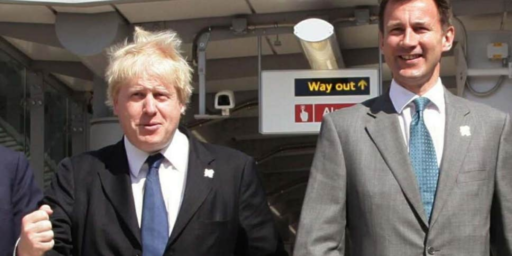

Considering the likely alcohol content of Christopher Hitchens’ urine, Ted Kennedy would surely find the visit to his grave warm and satisfying!